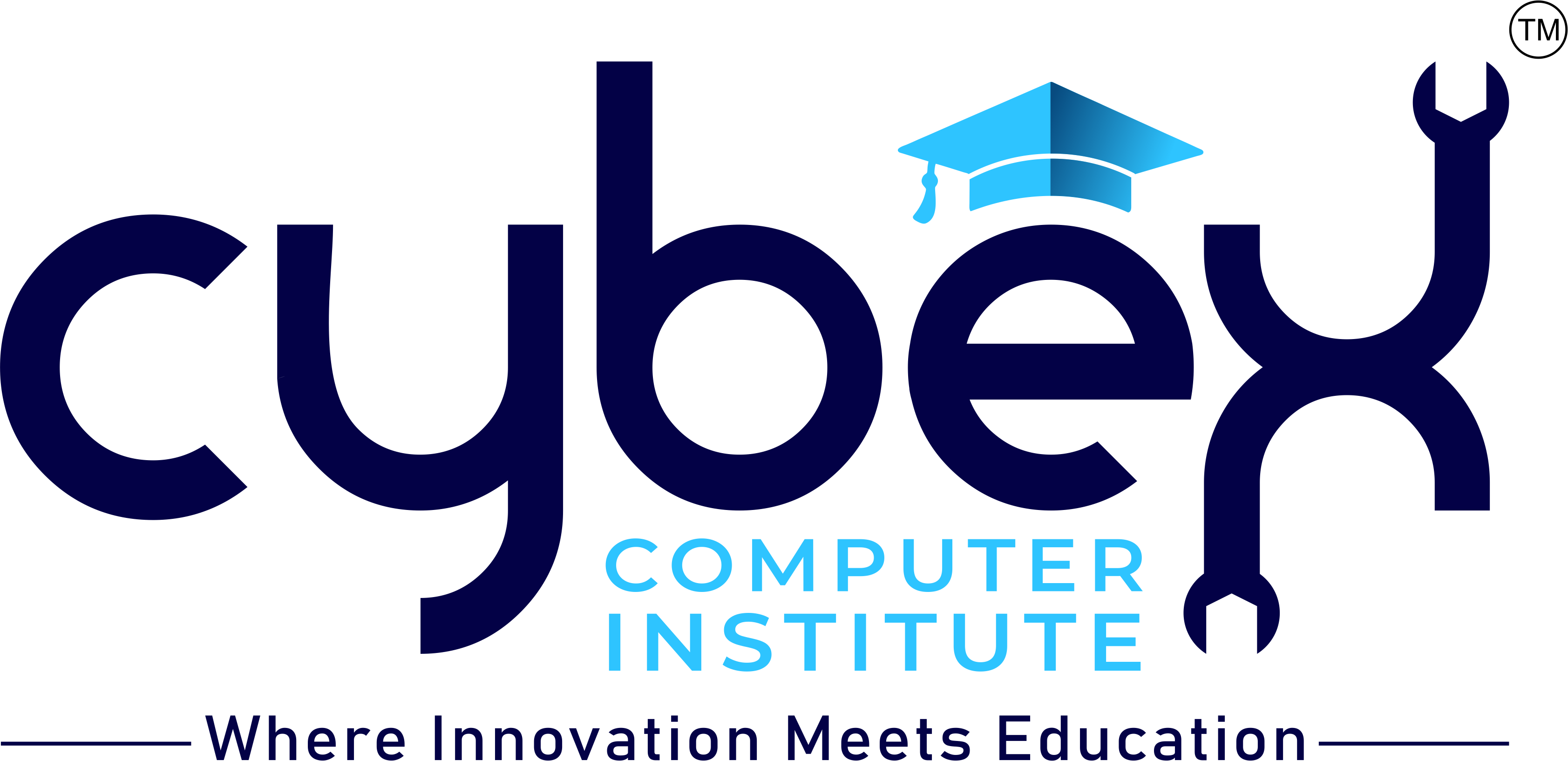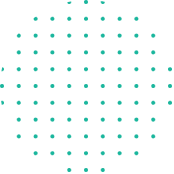Course Description:
This comprehensive program is designed to equip individuals with the knowledge and skills required to understand, write, and work with Python code. Renowned for its simplicity and readability, Python is an excellent choice for beginners and those looking to start a career in programming. As a versatile and widely-used programming language, Python finds applications across various domains, including web development, data analysis, automation, and more. This course provides a thorough introduction to Python, covering its fundamental concepts, syntax, and practical applications, preparing participants to leverage Python effectively in various programming tasks.
Course Outline:
- Introduction to Python:
- Overview of Python:
- Introduction to Python: history, features, and use cases.
- Setting up the Python environment: installation and configuration.
- Python IDEs and Tools:
- Exploring Integrated Development Environments (IDEs) and code editors for Python development (e.g., PyCharm, VS Code).
- Overview of Python:
- Basic Python Syntax and Concepts:
- Python Basics:
- Understanding Python syntax: variables, data types, and operators.
- Writing and running basic Python scripts.
- Control Structures:
- Using conditionals (if, elif, else) and loops (for, while) for flow control.
- Handling errors with exception handling using try, except, and finally.
- Python Basics:
- Functions and Modules:
- Defining Functions:
- Creating and using functions: parameters, return values, and scope.
- Understanding built-in functions and using Python’s standard library.
- Modules and Packages:
- Importing and using modules and packages: import, from … import, and as.
- Creating and organizing custom modules and packages.
- Defining Functions:
- Data Structures and Collections:
- Lists and Tuples:
- Working with lists and tuples: creation, indexing, slicing, and methods.
- Dictionaries and Sets:
- Using dictionaries and sets: key-value pairs, operations, and methods.
- Comprehensions:
- Implementing list, dictionary, and set comprehensions for concise code.
- Lists and Tuples:
- File Handling and Data Persistence:
- Reading and Writing Files:
- Handling file operations: opening, reading, writing, and closing files.
- Working with different file formats (e.g., text, CSV).
- Data Serialization:
- Using JSON and CSV libraries for data serialization and deserialization.
- Reading and Writing Files:
- Object-Oriented Programming (OOP):
- Classes and Objects:
- Understanding the principles of OOP: classes, objects, attributes, and methods.
- Implementing inheritance, encapsulation, and polymorphism in Python.
- Special Methods:
- Using special methods (e.g., __init__, __str__, __repr__) for custom class behavior.
- Classes and Objects:
- Working with Libraries and Frameworks:
- Popular Python Libraries:
- Introduction to popular libraries: NumPy for numerical computing, pandas for data analysis, and matplotlib for data visualization.
- Web Development:
- Basics of web development with Python: using frameworks like Flask or Django.
- Popular Python Libraries:
- Testing and Debugging:
- Debugging Techniques:
- Using debugging tools and techniques to identify and fix errors in code.
- Testing Code:
- Writing and running tests using the unittest framework to ensure code quality.
- Debugging Techniques:
- Practical Projects and Applications:
- Hands-On Projects:
- Applying Python skills through real-world projects and exercises.
- Developing applications or scripts to solve practical problems.
- Case Studies:
- Analyzing and working on case studies to demonstrate Python applications in various fields.
- Hands-On Projects:
- Best Practices and Advanced Topics:
- Code Quality:
- Adopting best practices for writing clean, efficient, and maintainable Python code.
- Advanced Topics:
- Introduction to advanced topics such as decorators, generators, and context managers.
- Code Quality:
Learning Outcomes:
By the end of this course, participants will have a solid understanding of Python and its applications. They will be proficient in writing and debugging Python code, utilizing Python’s built-in data structures and libraries, and applying Python in various domains such as web development and data analysis. Participants will also gain practical experience through projects and case studies, preparing them for careers in programming and related fields.
Target Audience:
This course is ideal for beginners who are new to programming as well as individuals looking to transition into Python programming from other languages. It is suitable for those interested in software development, web development, data analysis, and automation. Professionals seeking to enhance their programming skills or start a career in Python will also find this course valuable.
Whether you are just starting your programming journey or looking to deepen your expertise in Python, this course provides the essential tools and knowledge to succeed in Python programming and related applications.




